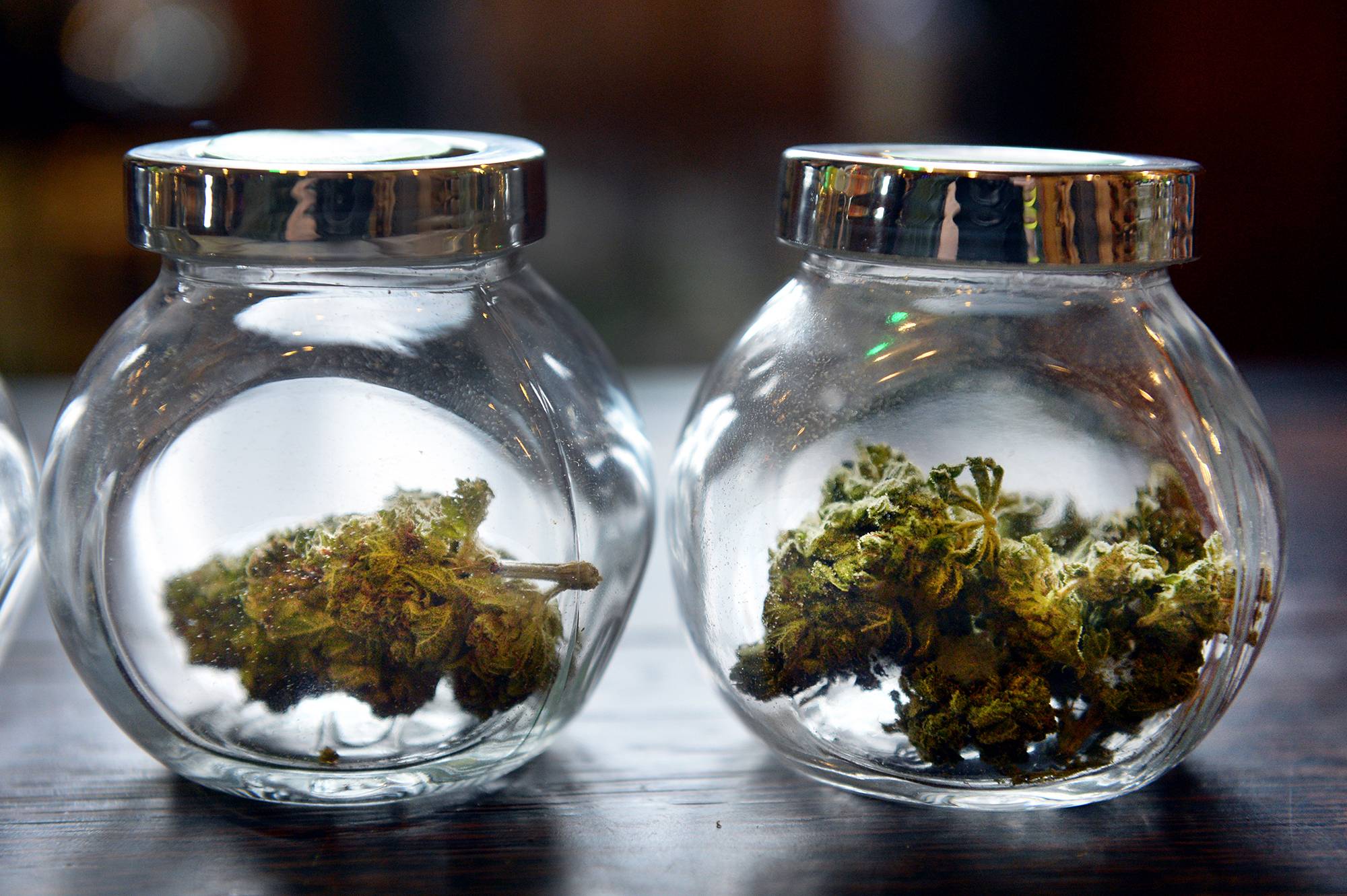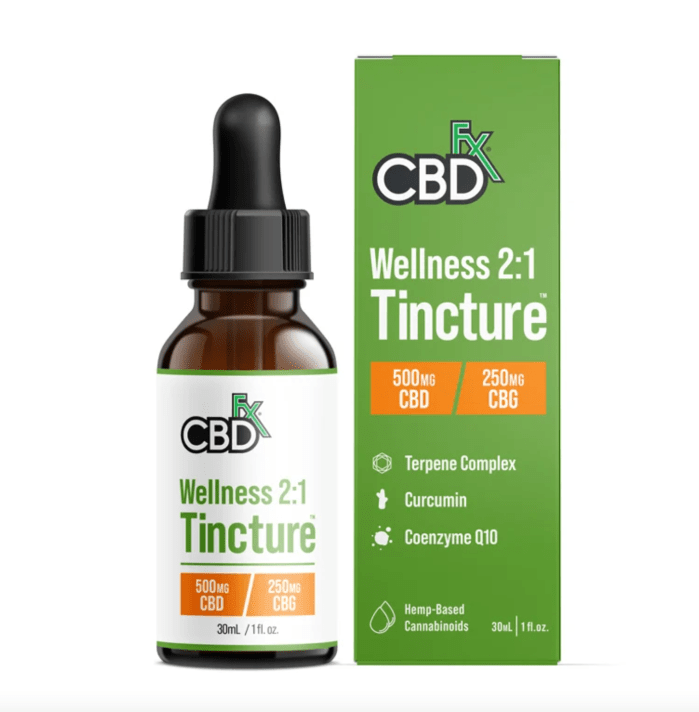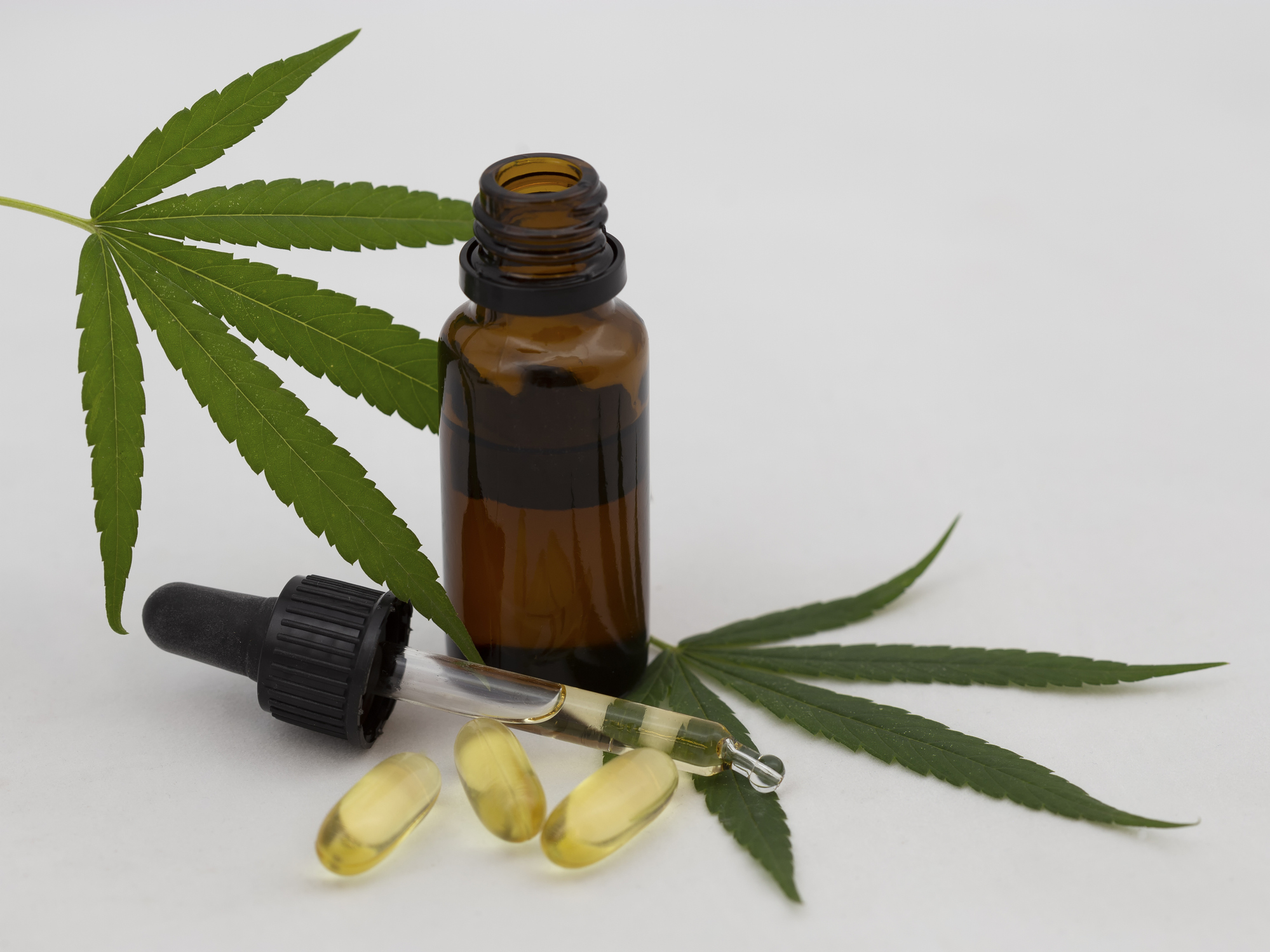
You are not the only one wondering if Montana legalizes hemp oil. This question has been around for many years. Montana has begun to increase its cannabis laws, starting in the early 2000s.
However, the laws governing cannabis and hemp in Montana have been very complex. These laws have been regulated by the Department of Agriculture and the Department of Public Health and Human Services. You will need to contact either of these two entities for more information. These two entities are responsible for CBD regulation in the state.
Montana's hemp-growing activities are under the control of the Department of Agriculture. It is a crime for marijuana products to be sold without a permit. To grow hemp, you need an industrial hemp license. Additionally, you will need a license to distribute CBD products or hemp-based goods.
Hemp oil is a substance derived from the seeds of the cannabis Sativa plants. This oil is high in omega 6 fatty acids and omega 3. It is not the same as cannabis, but it is considered a derivative.

Marijuana is illegal in federal lands and waters. While marijuana is legal to be used for medical purposes it is not legal for you to sell or possess for recreational use. Cannabis is also prohibited in public places.
While hemp-based products are legal in Montana since a few years ago, it is not clear what the laws for the future. A lot of the laws in this state can be very vague.
As of May 2019, the Montana legislature passed a bill that mirrors the distinction between marijuana and hemp. This bill also gives the Department of Agriculture permission to establish a certification hemp program. Additionally, it prohibits selling or distributing cannabis-based products to non-medical marijuana card holders.
Montana has many shops that sell cannabis- and hemp-based products. These products can include oils as well fiber and supplements. These products are all legal to purchase or possess. You can find more information at the Montana CBD Legal Guide.
Montana voters approved in 2004 the Montana Medical Marijuana Act. This law allowed patients to legally smoke cannabis. Currently, the state has three pieces de legislation that deal with medical cannabis. In 2011, the legislature tried to repeal this law. The legislature attempted to repeal the law in 2011.

The Montana Department of Agriculture oversees the processing, growing, and selling of hemp in the State. You must apply for a permit to grow hemp within Montana. Your initial application will include key information, a background search, and a statement acknowledging the risk. A non-refundable $850 application fee will be required.
Before you can cultivate cannabis in Montana, you will need to obtain a license from Montana's Department of Agriculture. You will also need to submit evidence that your hemp is free of THC. You can start producing, processing, and distributing hemp-based products once you have obtained a license.
FAQ
What are some common mistakes that companies make when they enter the US cannabinoid market?
The first mistake is not understanding what the regulations are for cannabis products. This could cause you to have to modify the formulation of your product.
Another mistake is not being able to correctly label your product. You need to know if your product contains THC, CBD, or both.
The third is how to package your product correctly. You must make sure that your product contains THC.
Even if your product doesn't contain THC, you must still comply with all packaging laws. There are many states in which cannabidiol is legal.
It is important to track recalls of your products. It is crucial to notify customers as soon possible if you have a problem with your product.
What are the most popular CBD brands?
These are the top five CBD brands that we have handpicked based upon quality, reliability, as well as value.
They offer high-quality CBD oil products that contain less than 0.2% THC.
We recommend you also check out our top CBD sellers worldwide.
How much CBD should I use?
Dosing depends on what type of product you're buying.
Most CBD oils come in strengths ranging from 100mg to 1,000mg per bottle.
There are many companies that make CBD products in very specific dosages. For example, 25mg, 50mg or 75mg.
Charlotte's Web, for instance, produces CBD products that are high in CBD and other cannabinoids.
If you're unsure about CBD's effectiveness for you, you can try a lower dose.
It is possible to always go higher.
What CBD products do you sell most?
CBD products are everywhere these days. They can be used for anything, including pain relief or anxiety. This market is large and growing quickly.
What are people buying CBD for? And how does this affect you as a brand owner?
Statista says CBD products are popular for their relaxing properties. They can also be used to treat inflammation.
If your product contains both CBD and THC, it can be used for medicinal and recreational purposes.
But what about brands who are focused on one purpose only? A company selling CBD for stress relief is an example of a brand that will not be challenged.
A brand that focuses on CBD for medicinal purposes will also have a large customer base.
However, a brand that wants to target recreational customers must develop a unique selling message (USP). A USP is basically a feature or benefit that sets a brand apart from competitors.
For example, certain brands offer free shipping. Others offer discounts for bulk orders.
Can CBD have a future in medicine?
Yes. This isn't because of the medical benefits it offers, but because of how it makes people feel.
It doesn't make any difference to your feelings when you use it, making it an ideal alternative to prescription medication.
There is ample evidence to support the claims that cannabis can relieve pain, anxiety, depression, insomnia, among other conditions.
Cannabinoids, also found in cannabis are thought to interact with our brain receptors. This interaction creates feelings of relaxation and well being.
So if you're interested in using cannabidiol (CBD) oil for health reasons, then it's important to understand what exactly it does and how it affects us.
What are the prospects for the CBD industry in the future?
The future for CBD is bright. It's easy for people to get on board with this sector. It's easy to see why this market is growing exponentially, with CBD products generating over $1 billion in global sales.
Statista predicts that global sales of cannabidiol in 2019 will reach $22.4 million. This represents a nearly 200% increase over 2018!
The CBD market is also forecast to grow at 22.5% compound annual growth rate, which would result in nearly $6.8B in revenue by 2022.
This is great news both for those looking to enter the market as well as existing companies. The CBD market is still young and may face challenges.
Which states use the most CBD?
California, Colorado and Oregon are the top three states. These states have high populations, high incomes, low unemployment, and large populations. They also have a higher number of hemp farms compared to other states.
California leads the pack because its economy heavily depends on agriculture. It is home to a large amount of fruits and vegetables. This is because cannabis is from the same source as hemp.
Oregon and Colorado closely follow because both countries produce marijuana for medicinal purposes. California does not allow for recreational use.
Other states that are highly ranked include Washington, New York. Florida. Illinois. Pennsylvania. Mississippi.
Statistics
- As a substance that was federally illegal before the passage of the 2018 Farm Bill, hemp-derived cannabinoids with no more than 0.3% THC still face a regulatory grey area. (forbes.com)
- The use of these products is likely to become even more widespread if the World Health Organization's recommendation that CBD no longer is scheduled in the international drug control conventions is adopted by the United Nations member states [201]. (ncbi.nlm.nih.gov)
- HR −16 mmHg; 95% CI −26, −6; I2 = 92%) (ncbi.nlm.nih.gov)
- however, one study also found that these effects were virtually abolished when the original media (a nutrient broth agar) was replaced with one containing 5% blood (increasing the minimum concentration to ~160 μM CBD) [179]. (ncbi.nlm.nih.gov)
- OralWhere HED is the human equivalent dose, and Km is a correction factor estimated by dividing the average body mass (BM) of the species (60, 0.020, and 0.150 kg for 11 humans, mice, and rats, respectively) and by its surface area (see: Nair et al. (ncbi.nlm.nih.gov)
External Links
How To
What are the common issues in the CBD industry?
The market for CBD is growing at an astonishing rate. However, there are still many challenges facing businesses looking to enter this space. These include low consumer awareness, high entry costs, limited capital access, regulatory uncertainty, and lack of consumer awareness.
Many consumers do not know what CBD is or how it works. They are unable to make an informed decision about buying CBD products.
Many CBD companies depend heavily on word of mouth marketing. This is costly because they have to pay for advertising and hire staff to promote their brand.
High production costs are another problem facing new entrants in the CBD industry. CBD products require a lot of raw materials. For example, hemp needs to be grown in specific climates and soil types before it can be processed into CBD oil.
Grow enough hemp to produce CBD oil requires approximately $1,000 per annum. Because of this, many small farmers are unable to afford to grow enough hemp for CBD oil.
The lack of capital access is another obstacle new entrants to the CBD market face. Banks are often discouraged from helping people start businesses because of the stigma that surrounds the industry.
Last but not least, there is regulatory uncertainty regarding the sale and distribution of CBD products. There are currently no guidelines on how CBD products should marketed.
While some states have passed legislation restricting CBD products' sale, it has not been adopted as a national policy.
Only Nevada, Maine, and Nevada have legalized recreational pot.
Massachusetts and Michigan are however considering similar measures.
These changes could cause increased competition among CBD manufacturers.
As a result of these factors, many entrepreneurs choose to work from home rather than start a physical business.